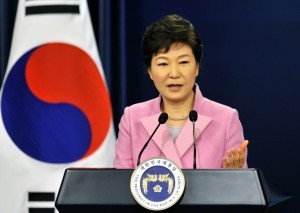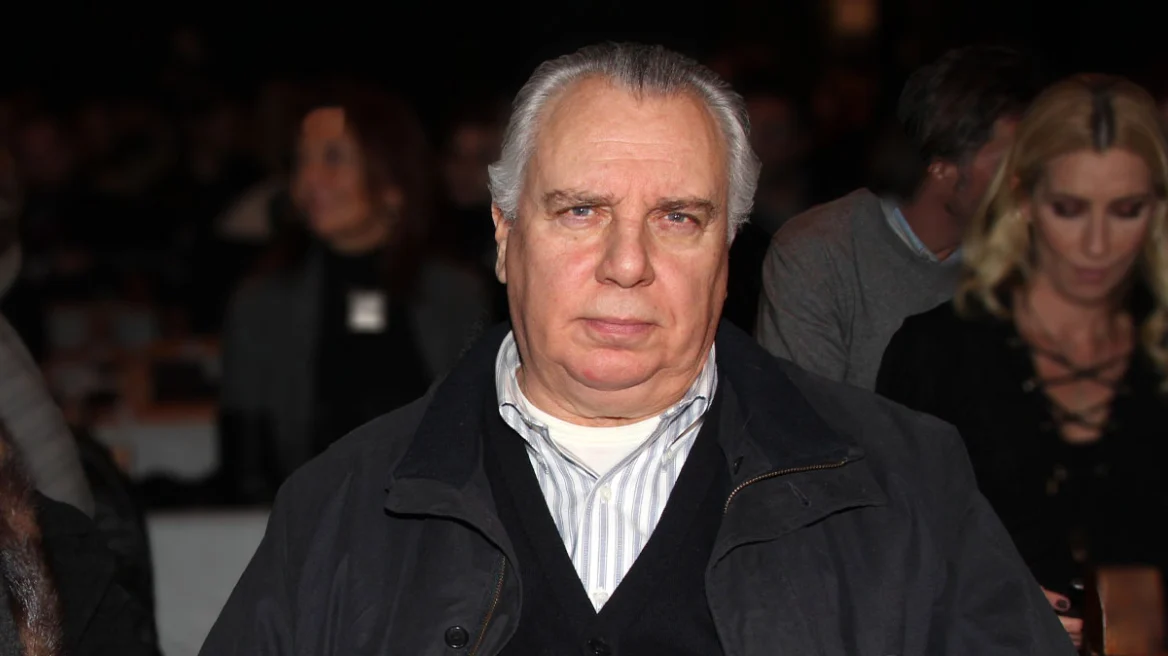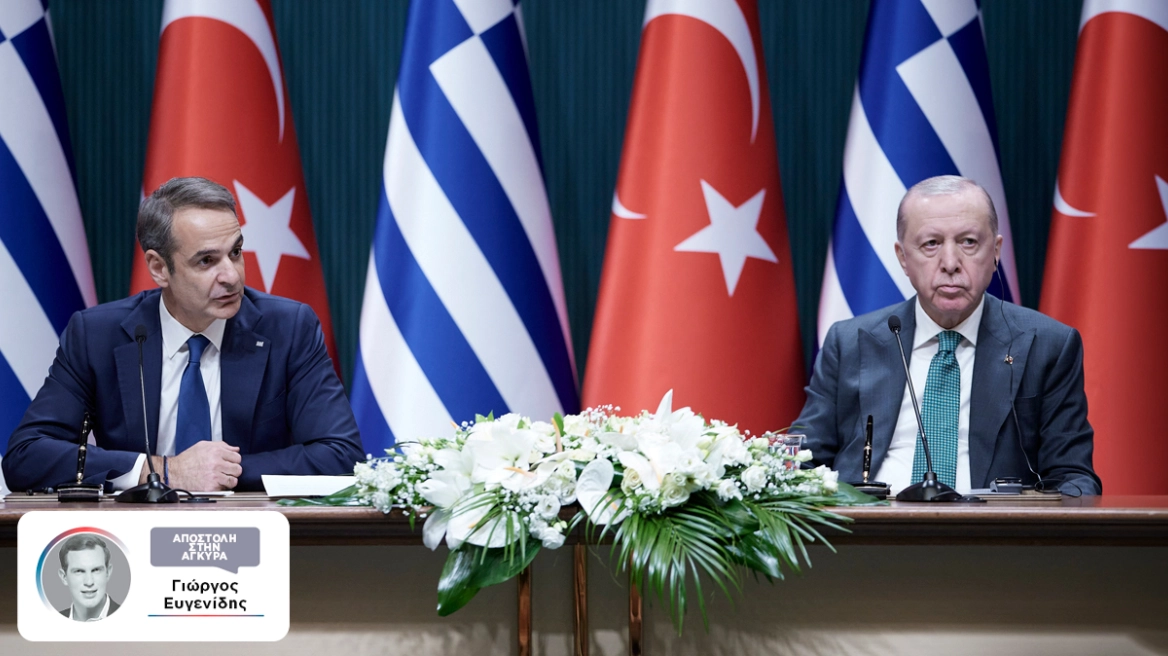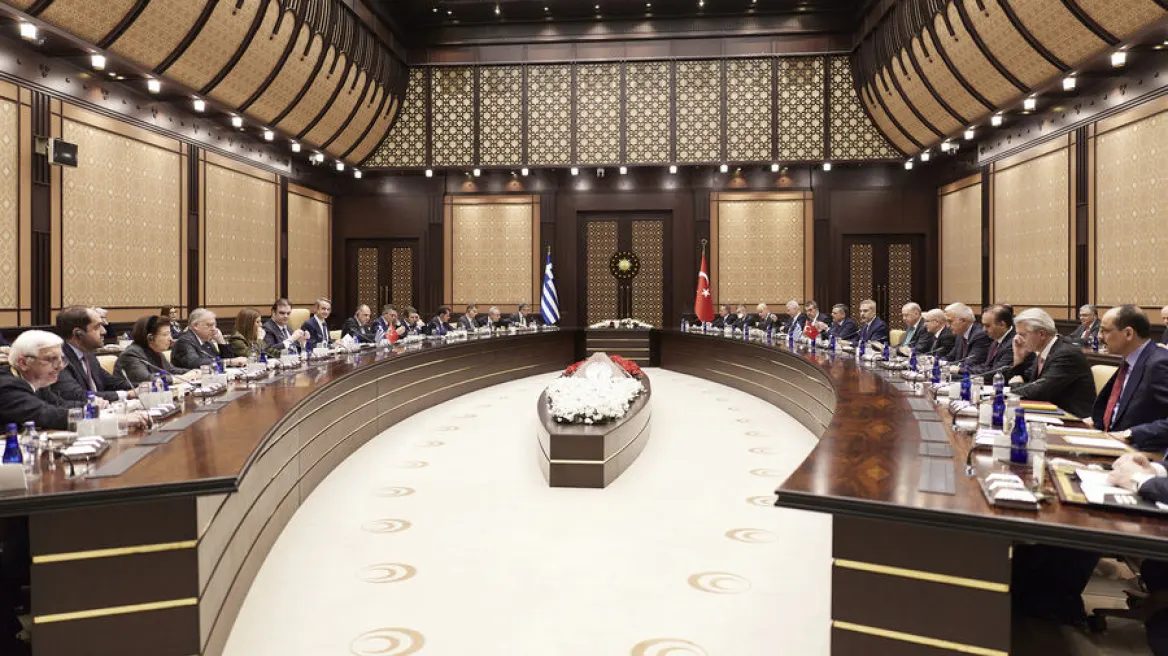South Korea’s National Assembly voted overwhelmingly in favor of impeaching President Park Geun-hye over her role in a corruption scandal, compelling her to turn over the reins of power to an interim prime minister.
Though Park apologized on national television after the vote for sharing information with a confidante who lacked security clearance, she indicated that she would stand her ground and wait out the impeachment process with “a calm and clear mind,” while the Constitutional Court decides whether to uphold the legislature’s impeachment motion.
Prime Minister Hwang Kyo-ahn, who has vowed to “run state affairs in a correct and transparent manner,” will be acting President for the duration of the court’s deliberation, which could take up to six months, leaving a power vacuum in South Korea at the very same time the United States is going through its own political and presidential transition.
Park has faced public outrage since her confidante and adviser, Choi Soon-sil, was revealed to have access to confidential government information even though she held no official government position. Choi has been accused of amassing millions of dollars through her foundations and has been charged with abuse of power, fraud and coercion. Two of Parks former aides are also facing criminal charges.
Park’s impeachment will have been the second in South Korea. The late President Roh Moo-hyun, was forced out of office for two months, but restored to power after the Constitutional Court threw out charges of abuse of power and mismanagement.
In a phone call with Defense Minister Han Min-koo, the acting President discussed the possibility of North Korea using the political upheaval in South Korea to stir up trouble south of the 38th parallel and that the nation should be prepared for such an eventuality.
“While retaining a watertight national defense posture, the government will work closely with the international community to thoroughly respond to the North Korean nuclear problem,” Hwang said.
Ask me anything
Explore related questions





